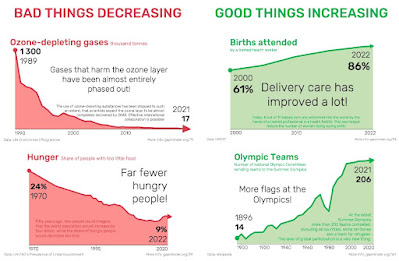The Wonderful World of Wine (WWW) Episode 254
Exploring all things wine with you!
Recap 2023 and looking ahead with wine trends for 2024. In this first episode of 2024 Kim and Mark discuss:
- Trends in wine purchasing, who is buying and what are they buying.
- Dramatic wine label readings
- Wine consumption numbers
- The past and future of wine marketing
- Is there too much wine in the world??
- How to select the perfect wine in the new year
- Trends in wine retail
- Are big brands selling less volume?
Start your 2024 with us and these wine topics.
Cheers
Kim and Mark
#franklinma #wine #winetasting #thewonderfulworldofwine #wineeducation
Audio link ->
 |
| Wonderful World of Wine (WWW) Episode 254: Recap 2023 And Wine Trends For 2024 (audio) |
